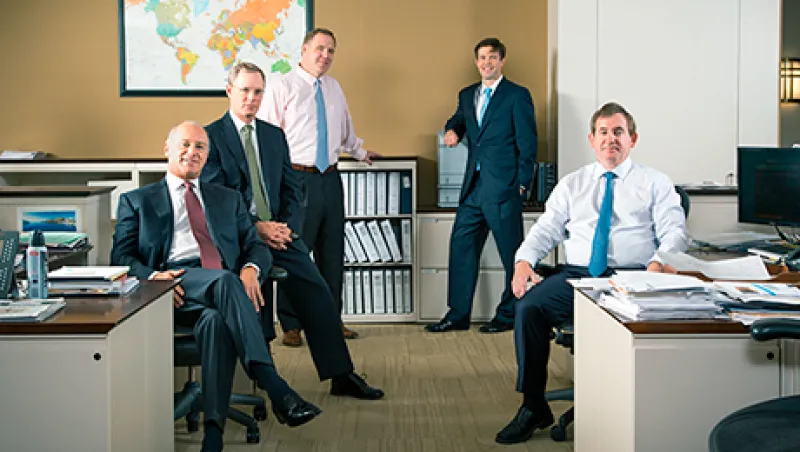
5 Years after Firing Jeff Gundlach, TCW Rebuilds
Once a magnet for star money managers, Los Angeles–based TCW has created a successful investment formula by instead focusing on teams.
Julie Segal
January 26, 2015



